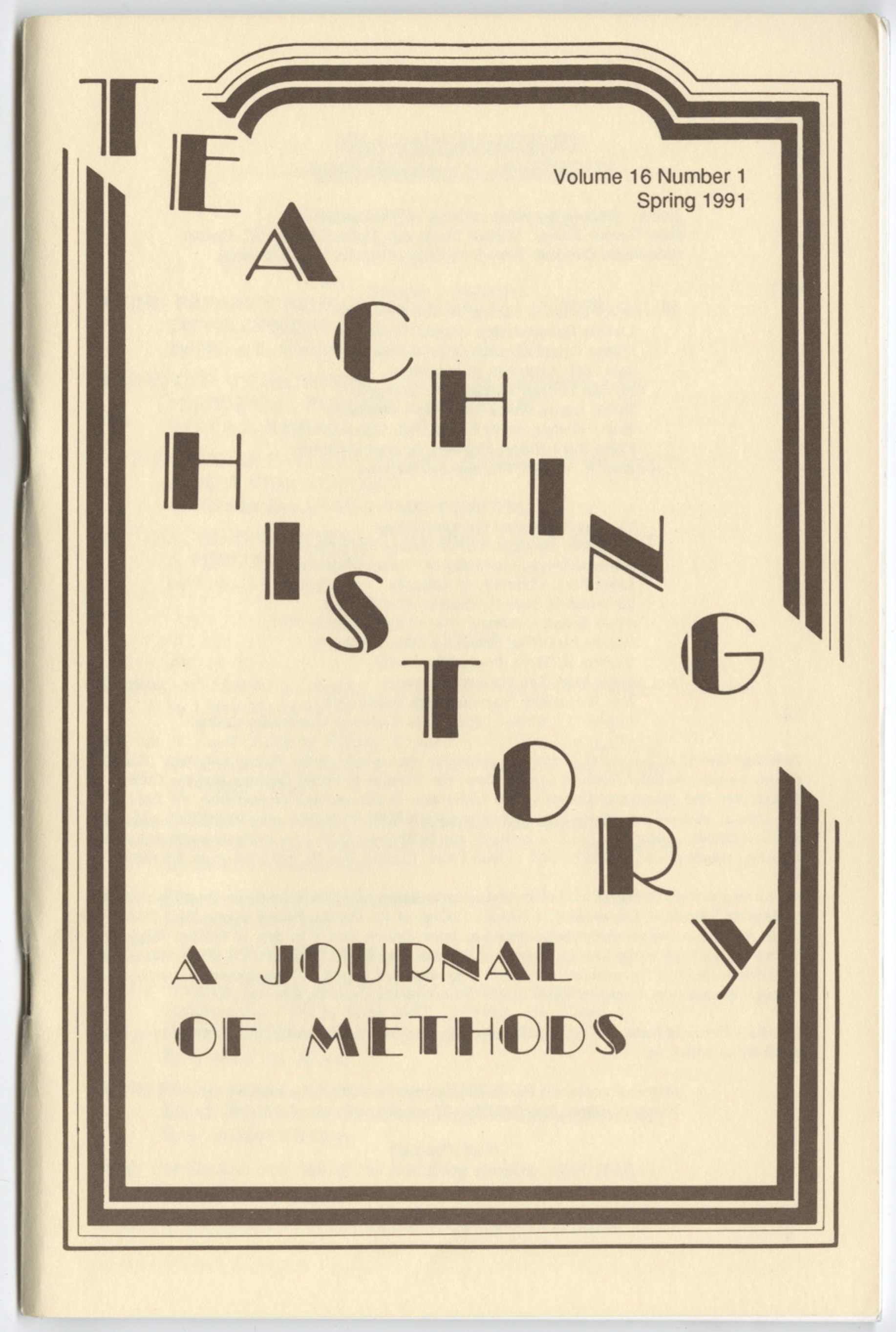Waller, Feud - Hatfields, McCoys, and Social Change in Appalachia, 1860-1900
DOI:
https://doi.org/10.33043/TH.16.1.54-55Abstract
As Allina Waller notes in her introduction, for most Americans the Hatfield-McCoy feud conjures up "images of bearded mountaineers brandishing rifles and jugs of moonshine as they defend illegal stills from federal 'revenuers,' enforce 'shotgun' weddings, and lawlessly perpetuate inherited family grudges." Historians have generally reinforced this view, explaining this late nineteenth-century dispute as the natural product of premodern Appalachian culture, where irrational · family loyalties, rampant lawlessness, and routine violence were the norm.
But in Feud Allina Waller brilliantly rescues the feudists and their world from popular stereotypes and historical misinterpretation. Instead of caricatures, Waller provides detailed and sympathetic treatments of protagonists such as "Old Ranel" McCoy, "Bad Frank" Phillips, and "Devil Anse" Hatfield. More than this, Waller explains the dispute. She convincingly argues that there were two distinct phases to the feud. Feud I (1878-82) was strictly a local affair. Here Waller demolishes much of the standard interpretation, making clear that: kinship was not the controlling variable, as economic ties and other factors resulted in McCoys on the Hatfield side, and vice-versa; the disputants (in keeping with their Appalachian neighbors) went to great lengths to secure legal remedies for their problems; and the violence that did occur (five killings in five years) was an aberration in Appalachian culture.
Downloads
Downloads
Published
How to Cite
Issue
Section
License
Copyright (c) 1991 William Vance Trollinger, Jr.By submitting to Teaching History, the author(s) agree to the terms of the Author Agreement. All authors retain copyrights associated with their article or review contributions. Beginning in 2019, all authors agree to make such contributions available under a Creative Commons Attribution-NonCommercial-NoDerivatives 4.0 International license upon publication.



